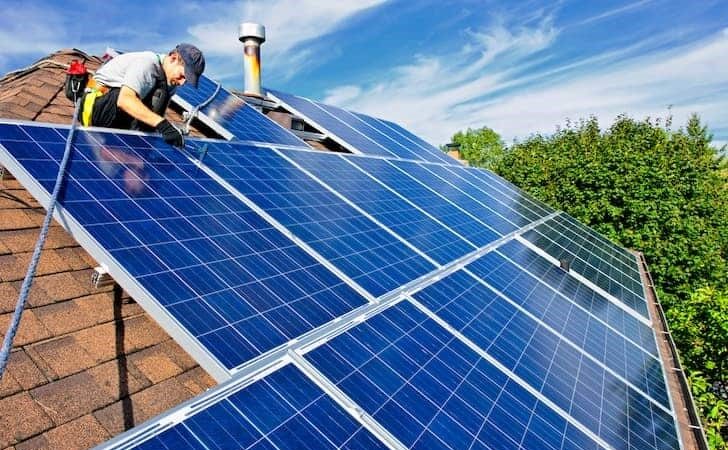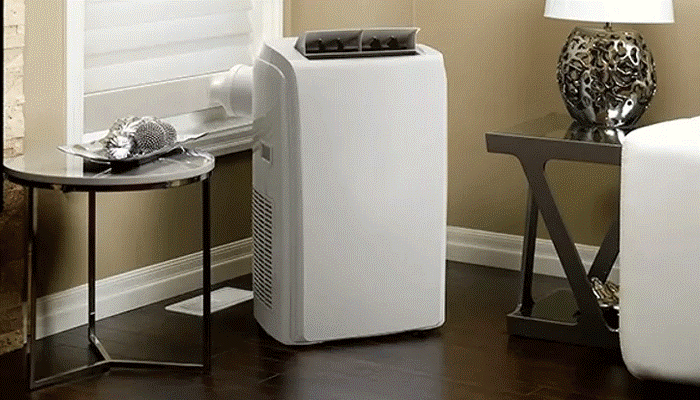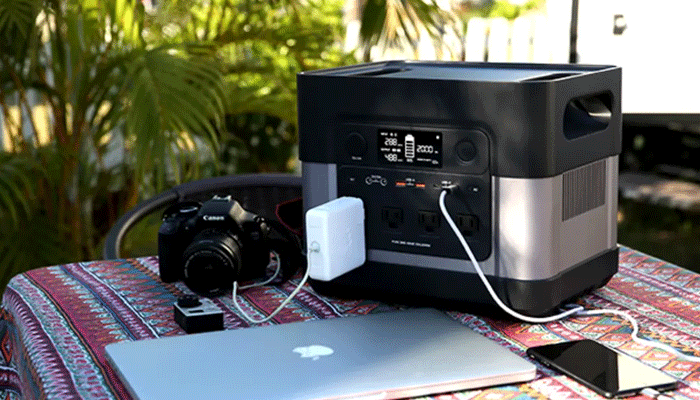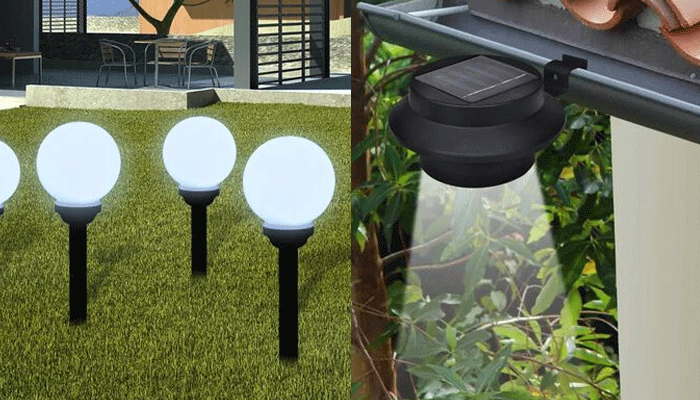
Whether you’re looking for a cost-effective solution for your home, or you’re interested in reducing CO2 emissions, solar panels can provide a wealth of benefits. Here are some of the main benefits of utilizing solar energy. First, you’ll save money on your electric bill. Second, you’ll cut CO2 emissions by nearly half.
Benefits of Utilizing Solar Energy
Solar energy is a great renewable energy source. It is available in plenty and can easily replace traditional power sources. Unlike fossil fuels, solar energy is free and renewable. It is also a very reliable power source, and unlike fossil fuels, solar energy does not require mining or ongoing maintenance.
Solar energy can save money for homeowners, as it reduces their dependence on the power grid. However, the marginal price of electricity varies with the season. Higher summer electricity rates make solar power even more valuable. In addition to savings on energy costs, solar power can also lower the overall repair costs of a home. Moreover, American Home Shield offers warranties for up to 23 different systems, including solar power systems.
Solar energy is not only beneficial for homeowners, but also for the entire power grid. Solar cells installed on the roof act as mini power plants that produce clean electricity. Furthermore, solar panels are durable, and can even withstand hail up to an inch in diameter. Solar panels can increase the value of a home and are non-partisan.
Reduce your Electric Bills
Investing in solar panels can reduce your electric bills and reduce your carbon footprint. It is a worthwhile investment. However, there are costs associated with installation, which means that utilizing solar power for home is not for everyone. It is recommended for homes with sufficient sunlight and a sunny location for most of the year. Because solar panels can be expensive, homeowners must carefully consider all aspects of solar power before investing in solar power for their homes.
Solar panels are the most convenient way to utilize solar energy for home use. They work in a similar way to solar water heaters but are less expensive to install. Distributed solar photovoltaic systems are typically installed on roofs and will offset a property’s electricity needs and send excess production to the electricity grid.
Electricity costs can add up over a year. Including transportation and residential energy costs, the average household spends $3052 per year on electricity. Solar power can help homeowners reduce their energy bills immediately and completely, and can save even more in the long run. Solar panels also increase the efficiency of electricity generation, resulting in a better electric bill.
Cost of Solar Panels
The cost of solar panels for home use may seem out of reach for many people, but the technology has come a long way and they are becoming more affordable. The downside is that solar panels can still be a significant financial burden, especially if you have to pay for installation. There are many benefits to solar power for home use. Aside from producing clean energy, solar panels can also provide heating and cooling for your home. Using solar energy can save you a bundle on your monthly bills.
Durable Solar Panel
There are several different types of solar panels, and the cost of each depends on several factors. The type of solar panel you choose, the location in which you plan to install them, and the size of the system will all determine the cost. Monocrystalline solar panels can cost $0.60 to $1.20 per watt uninstalled, and they are more efficient than polycrystalline solar panels. Monocrystalline panels are also more durable than polycrystalline solar panels. The cost of installing monocrystalline panels is higher than for polycrystalline solar panels, but they are cheaper over the long term.
Valley Food Storage Discount offers many coupon codes on emergency food kits and electronics items at a reasonable price. If you’re planning on installing solar panels for home use, you need to consider the labor costs. The labor costs for installing a solar panel system will vary depending on your location and your solar provider. This will be included in your initial quote. The cost of solar panels for home use will also depend on the cost of electricity in your area. You may qualify for federal and local incentives to help lower the overall cost of the project.
When choosing a solar power system, it’s important to take into consideration how much energy your household will need every month. The average household uses about nine hundred and fifty kWh per month. Therefore, a solar panel system of five to six kW is likely to be more than enough to cover your average energy needs. Your solar energy system may also be eligible for net metering, which will allow you to save money on your electric bill.
Savings on Electric Bills
Currently, you can get a 10% bill credit on your electric bill if you use solar energy. The program is free to join, and there are no payments or monthly fees involved. You can expect to save between $5 and $15 per month, depending on your usage. These credits are automatically applied to your electric bill, so you don’t have to worry about switching electric utilities. This program also reduces greenhouse gas emissions.
To get started, you’ll need to know how much electricity you’re currently spending. Start by looking at your monthly utility bill. This will show how much electricity you’ve spent during the previous month. You’ll also want to look into time-of-use electricity plans. These allow you to use more energy during peak hours while paying less at other times. You can also use smart thermostats that can adjust their output to the hours that are best for you.
In addition to saving on your electric bill, you’ll also be able to get a tax credit for using solar energy. The tax credit can be carried over from year to year, and you can combine solar panel savings with utility incentives. You can find a solar panel installer that knows about these programs and is experienced in the installation of solar energy. You can save more money on electronics items with Electronics Coupon Code.
The cost of solar panels is dependent on the size of your solar power system. Larger systems will capture more sunlight and save more electricity than smaller ones. Other factors such as the climate and the angle of your roof can determine how much electricity you will get. On average, a solar panel system can save you up to $2,200 per year. However, the savings can vary from person to person.
Savings on CO2 Emissions
Solar energy systems reduce the carbon footprint of households by cutting energy consumption and carbon emissions. For an average American household, solar power generates an annual savings of up to 14,920 pounds of CO2 for a year. This figure is even higher for single-family homes that are not connected to the power grid.
The average carbon intensity of a grid is calculated by dividing annual electricity consumption by the number of hours of sunlight that each power plant produces. The more renewable energy that is used, the lower the carbon intensity of the grid. Nuclear power also generates less CO2 than coal. In a conservative approach, a household solar PV system installed today will reduce emissions by 0.9 tonnes per year and 23 tonnes per year over a 25-year lifespan.
While the carbon footprint of solar panels varies across the world, it is generally lower than that of electricity from coal or gas. Solar electricity produces just 5% of coal’s emissions, compared to coal’s 20 percent. Gas electricity, by comparison, has a ten-fold higher carbon footprint.
If you’re looking for the best solar panels, look no further than 4wd Supacentre Coupon Code. The high costs of solar panels are a common concern for some consumers, but most of the costs can be offset by federal tax credits. Typically, homeowners can claim up to 30% of the cost of installation, and in some states, rebates are available as well. This allows for a monthly payment that is lower than a standard utility bill.
Conclusion
Even though solar panels produce no emissions during electricity generation, the process of manufacturing them has a carbon footprint. These emissions come from the mining of raw materials and the transportation of the panels. However, the amount of emissions is far less than that of fossil fuels. As a result, solar panels are the greenest option for power generation.








